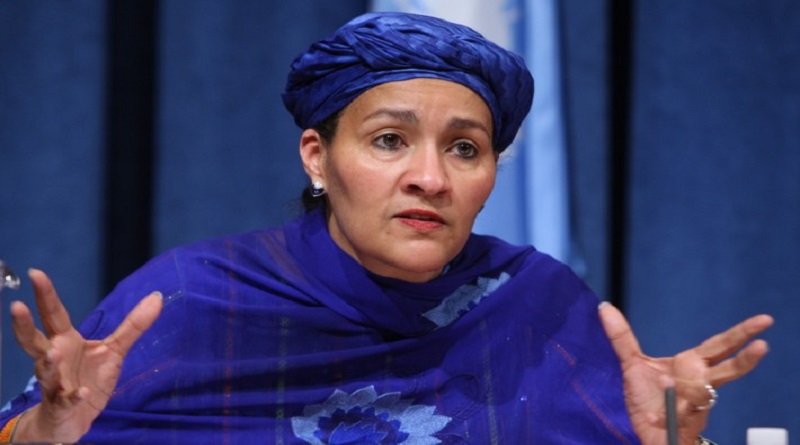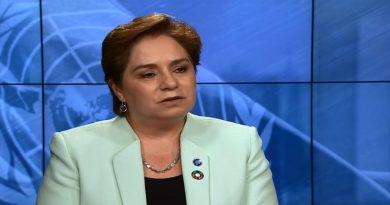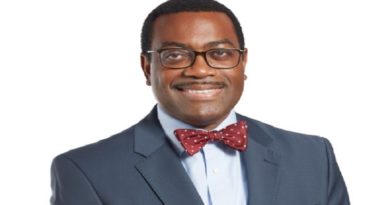UN begins reforms to meet SDGs 2030 agenda
The United Nations says it is carrying out various reforms of the organisation to help countries to meet its ambitious 2030 Agenda for Sustainable Development aimed at making the world a better place.
UN Deputy Secretary-General, Ms Amina Mohammed, stated this in her remarks to the Regional Forum on Sustainable Development for the UN Economic Commission for Europe (UNECE) Region on Tuesday April 25, 2017.
“The 2030 Agenda for Sustainable Development is ambitious. We have our work cut out for us.
“Building on past success and with further strengthening of the development system, we will be fit for the task,” the UN deputy scribe said.
To ensure that the organisation is well positioned to help countries deliver on the 2030 Agenda and climate commitments, the UN system needs a much higher degree of integration, coordination, accountability and transparency on system wide-results, she said.
“One of my key priorities in the course of the year will be to support the Secretary-General in repositioning the UN development system at the heart of the United Nations.
“A key step in this regard will be to undertake a comprehensive review of the UN development system in line with the Quadrennial Comprehensive Policy Review mandate.
“We will build on analysis and inputs that already exist, including those emerging from the two-year long ECOSOC dialogue process. We will need to collect some additional data to inform our reform efforts.
“In this regard, I encourage and count on UNECE to engage in the process, starting with our first ever system-wide review of functions and capacities for delivery for the 2030 Agenda,” Mohammed said.
She said in close consultation with member states and collaboratively with the UN system, the Secretary-General would deliver a comprehensive proposal.
According to her, three broad principles will underpin the work ahead in reforming the UN and to achieve the 2030 Agenda.
They are s strengthening leadership at all levels for stronger coordination and integration, addressing the trust deficit through a clear and impartial accountability system and focusing on results at country level as the litmus test for any reform.
Mohammed said consultations and formal meetings had begun, adding that she was engaging member states informally in regional groups and other settings.
“The Regional Commissions will be instrumental in mobilising political leadership across sectors around the SDGs and facilitating regional and inter-regional as well as South-South partnerships.
“As the regional think tanks of the system, Regional Commissions can assist with translating regional models into regional and global public goods and promote policy coherence.
“They are also critical to reinforcing conflict prevention and promoting durable peace through inclusive and sustainable development,” she said.
Mohammed challenged regional commissions to work hand in hand with the broader UN Development System to support the implementation of the 2030 Agenda.
(NAN)




